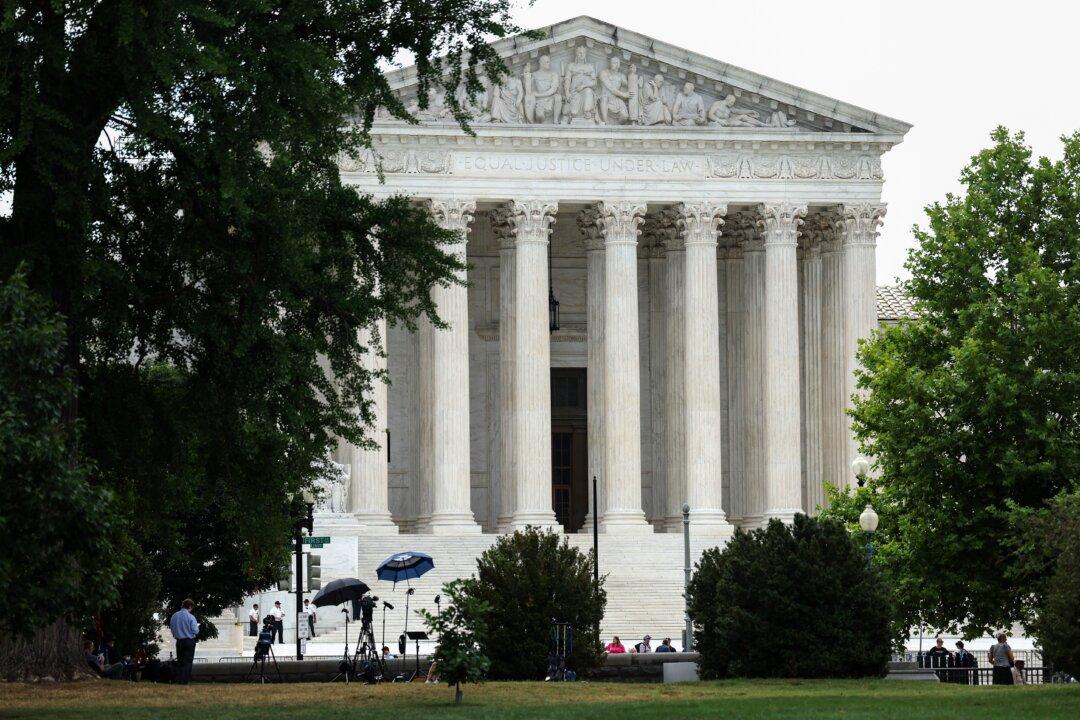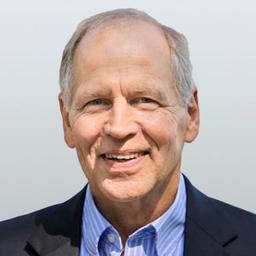Since the turn of the century, U.S. constitutional guarantees of economic freedom have been eroding. A combination of government, businesses, and social media firms have recently placed serious limits on individual freedom of speech and actions. The result has hastened the denigration of U.S. economic freedom.
The Washington, D.C.-based Heritage Foundation publishes measures of economic freedom for most countries in the world. These designations are based on classical economic principles. These principles measure the extent governments follow the rule of law; control spending, taxes and debt; permit free markets to operate; and provide a stable currency.





